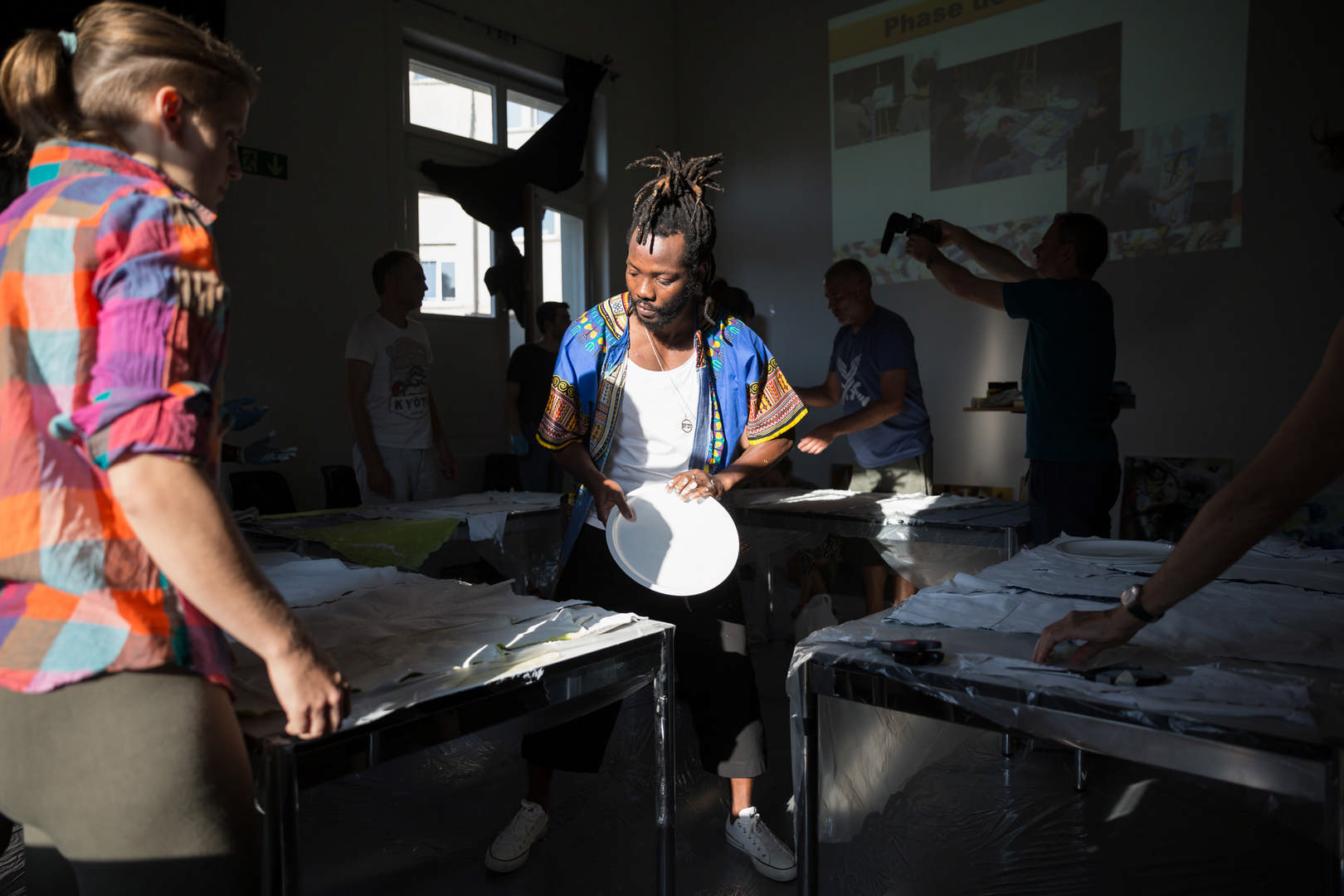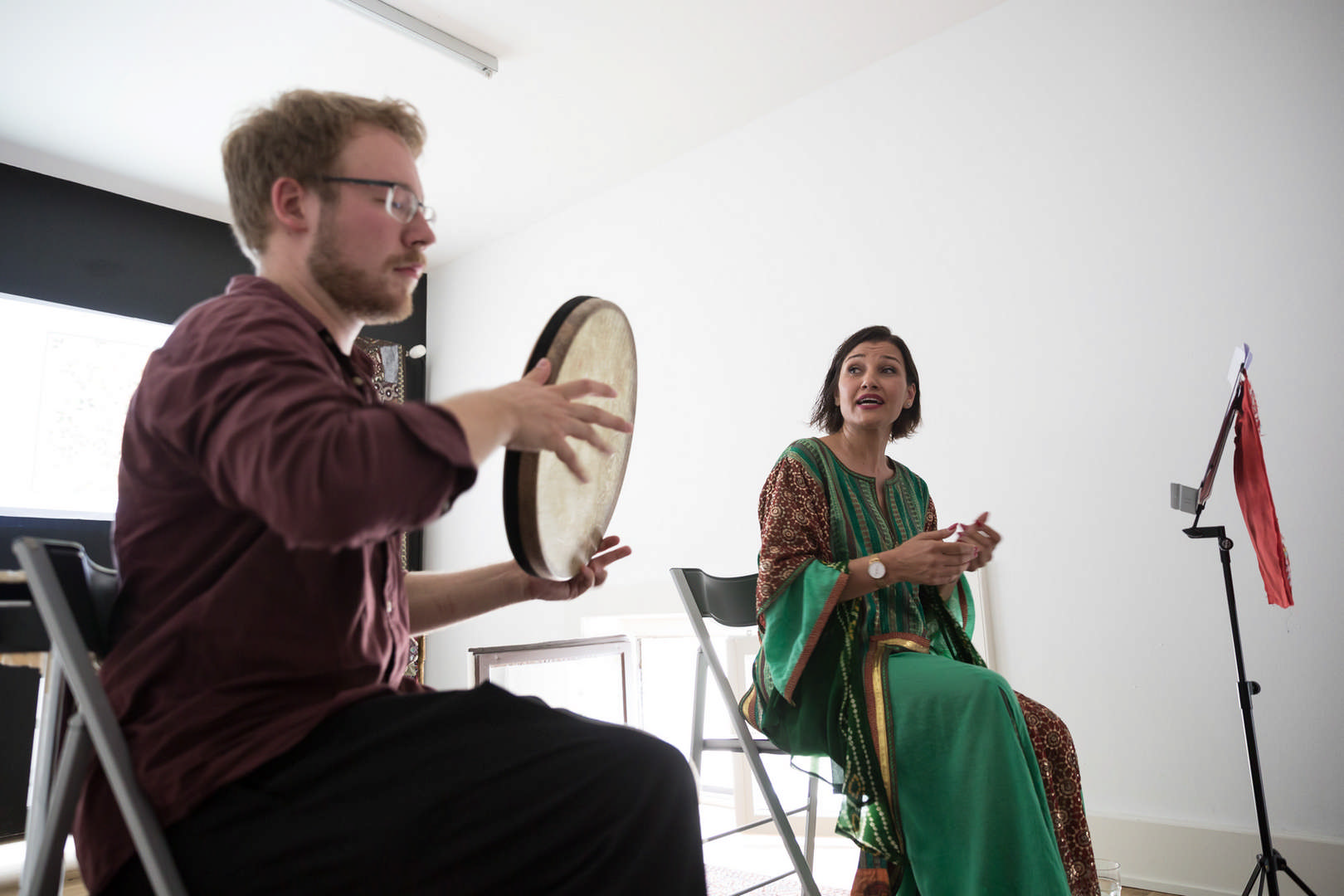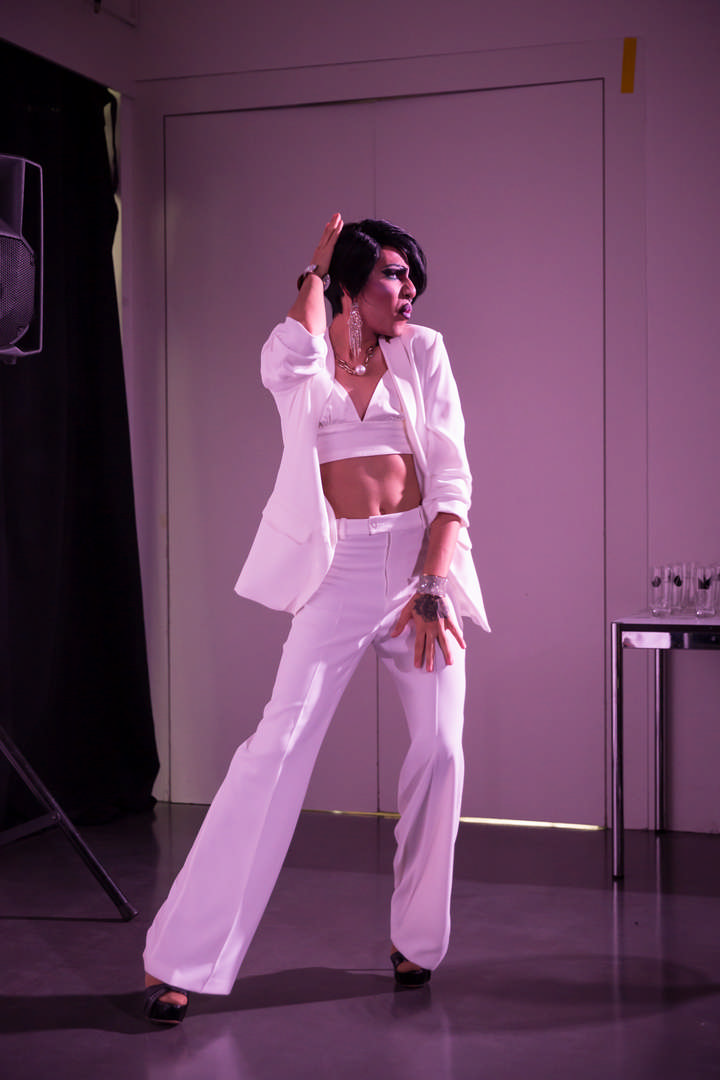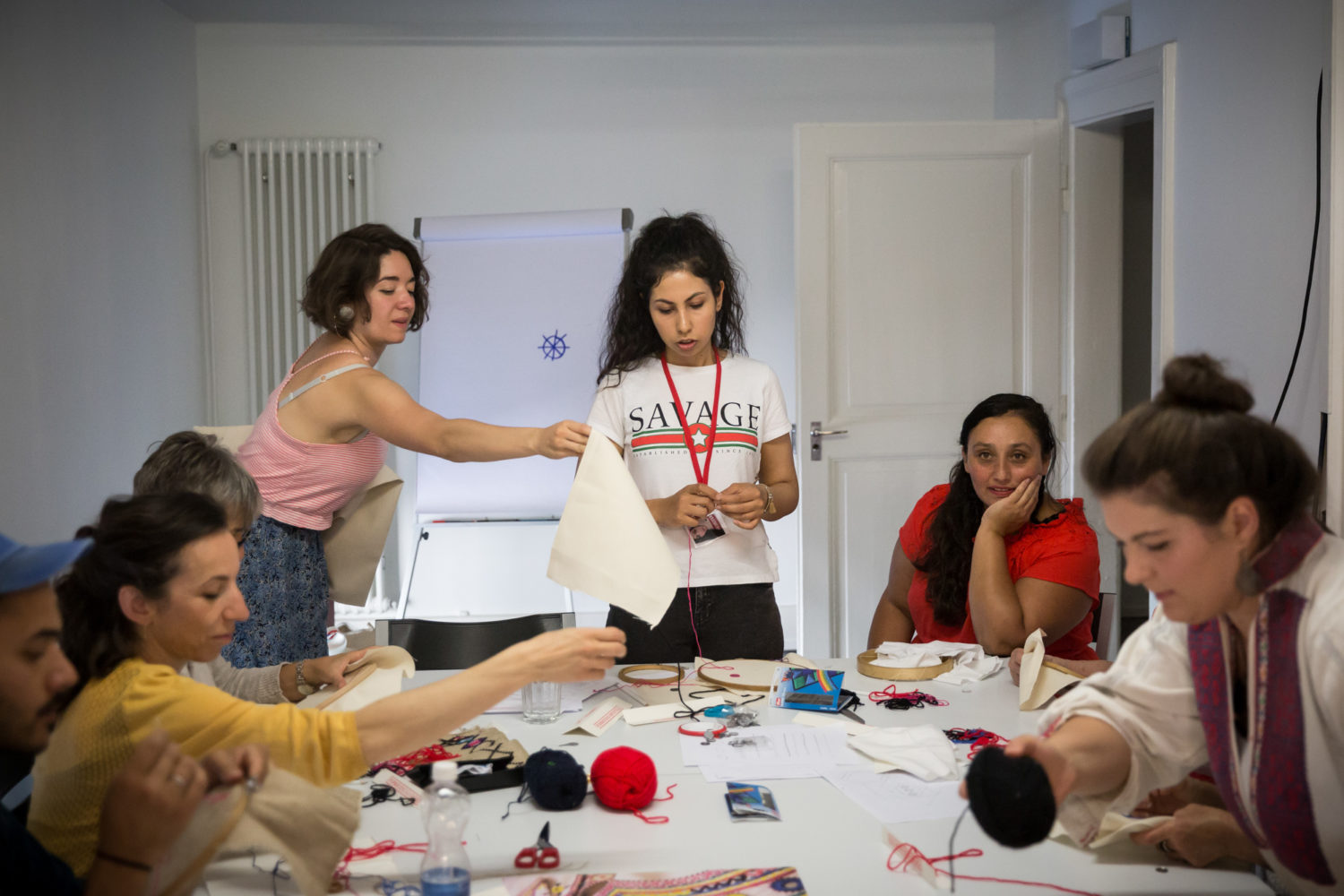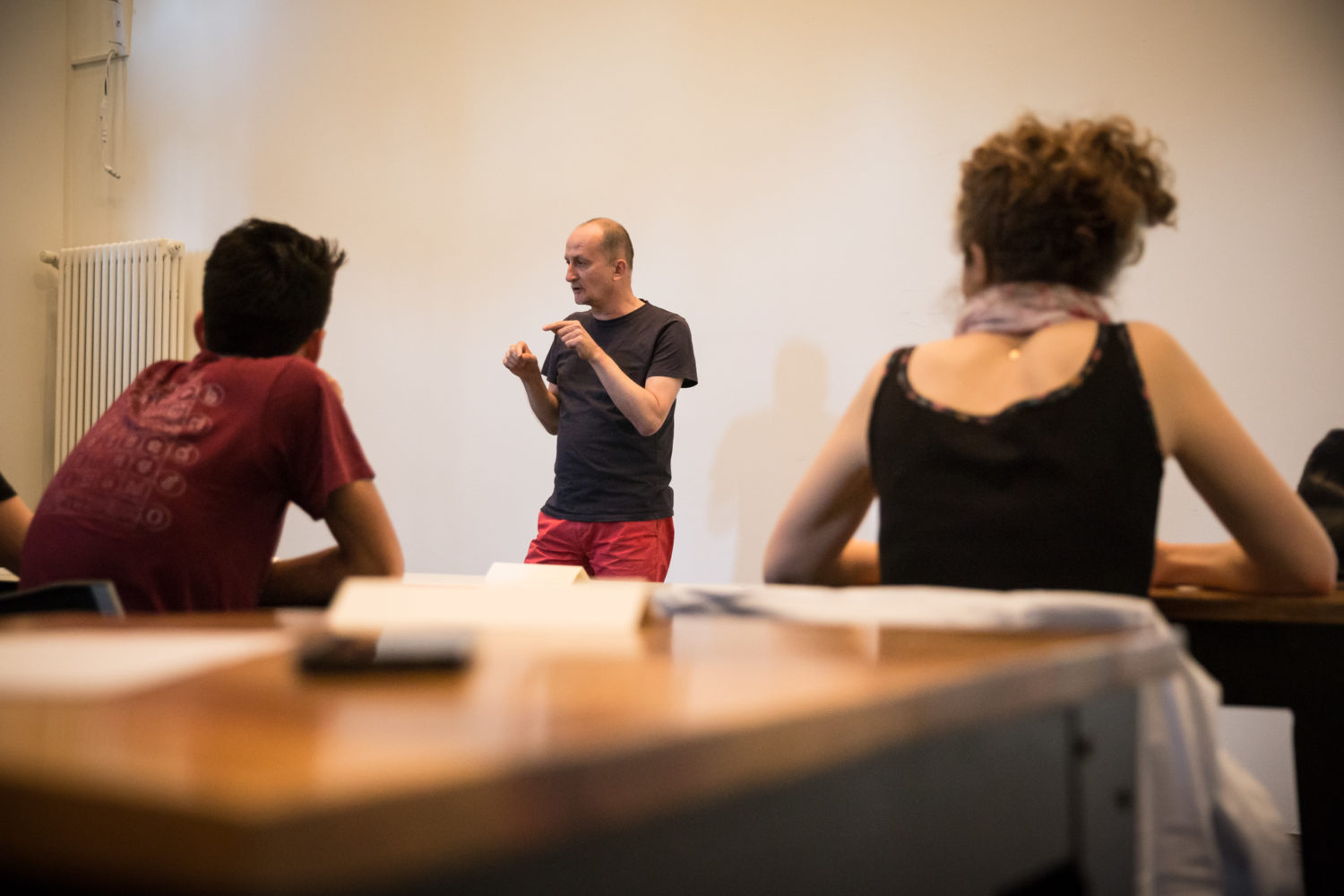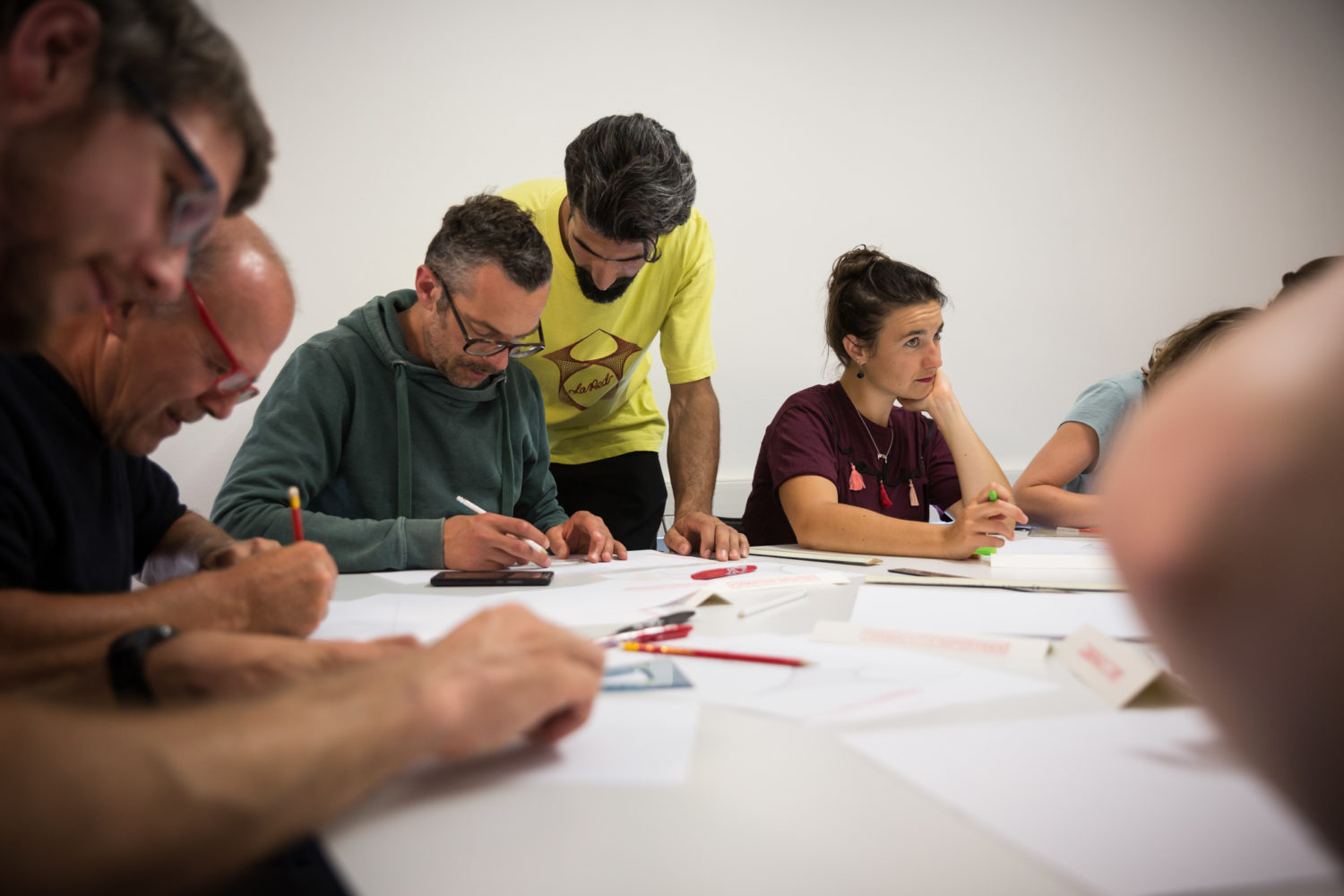
The Tamil diaspora living in Switzerland is predominantly an asylum diaspora. Using narratives from two generations of Sri Lankan Tamils living in Switzerland, we are able to understand how they interact with their homeland as well as their host-land, Switzerland, after the end of the war in 2009. This sheds light on characteristics of the Tamil diaspora, as complex, diverse groups with different visions of belonging and identity.
Tanuja Thurairajah is reading for her PhD at the Human Geography Unit, Department of Geography of the University of Zurich. She has a MA in Peace & Conflict Studies from the University of Innsbruck. Tanuja’s current research looks at Swiss Sri Lankan Tamil diaspora engagement and agency. Her research interests include diasporas, migration and conflict. Tanuja has over a decade of experience working in the development and humanitarian sector in Sri Lanka.














